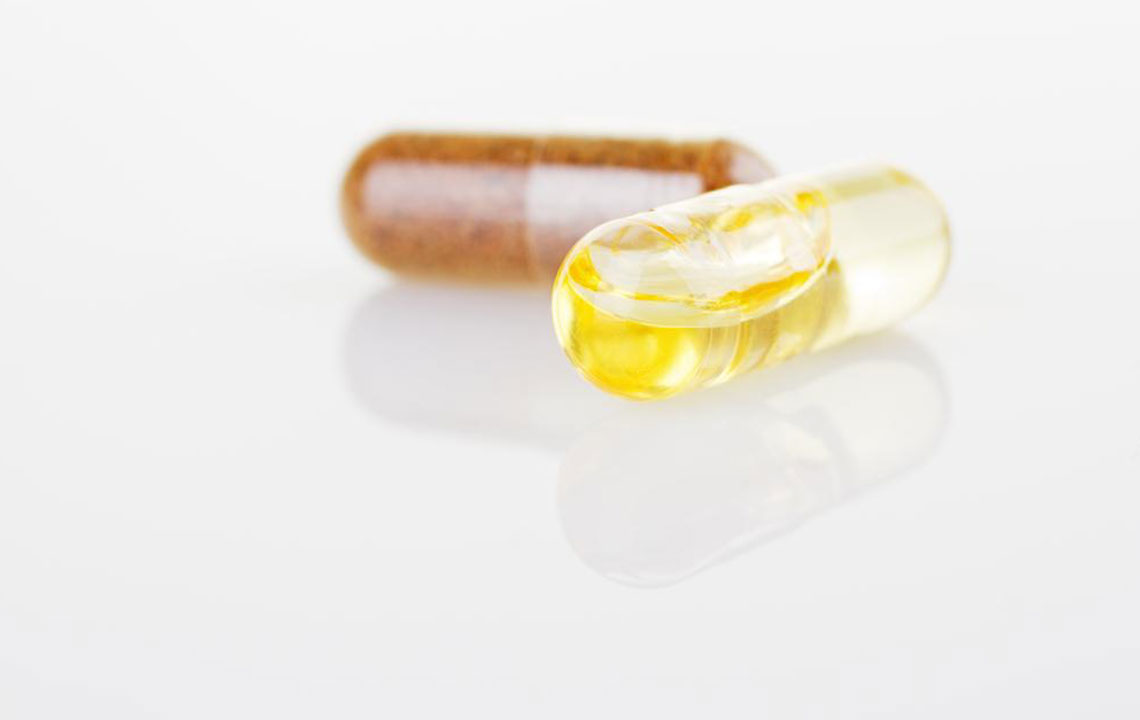Comprehensive Guide to Vital Vitamins for Healthy Kidney Function
This comprehensive guide highlights essential vitamins vital for maintaining kidney health, offering insights into their benefits, recommended intake, and dietary sources. Proper nutrition, including vitamin B12, C, D, E, and B6, plays a crucial role in supporting kidney function, preventing stone formation, and promoting tissue repair. Incorporating these nutrients into your diet can help protect against kidney disease, enhance recovery, and improve overall well-being. Learn how balanced vitamin intake can contribute to long-term renal health and prevent related health issues.

Key Vitamins Essential for Supporting and Maintaining Kidney Health
The kidneys play a critical role in maintaining overall health by filtering waste products from the blood, balancing essential minerals, regulating blood pressure, and supporting various metabolic processes. When kidney function begins to decline, it can lead to the accumulation of toxins, fluid imbalance, and a host of related health problems such as fatigue, swelling, and even kidney failure. Preventive care and proper nutrition are vital in safeguarding kidney health, particularly through the intake of specific vitamins that assist in kidney repair, protection, and overall function.
This comprehensive guide delves into the most important vitamins necessary for supporting kidney health. Incorporating these nutrients into your daily diet can improve kidney function, prevent stone formation, reduce inflammation, and promote cellular repair. Maintaining optimal vitamin levels is crucial for those at risk of kidney disease or recovering from kidney-related conditions. Below, we explore each essential vitamin, its benefits, recommended daily intake, and dietary sources to help you make informed nutritional choices for durable kidney health.
Vitamin B12 (Cobalamin)
Vitamin B12, also known as cobalamin, is a water-soluble vitamin that is indispensable for nerve health and the production of healthy red blood cells. A deficiency in B12 can lead to neurological issues like numbness, tingling, and anemia, which impair oxygen delivery throughout the body—including to the kidneys. By combating oxidative stress and facilitating oxygen and nutrient transport, vitamin B12 plays a significant role in repairing damaged kidney tissues and supporting cellular regeneration. Adults should aim for a daily intake of approximately 2.4 micrograms. Rich sources include animal-based foods such as eggs, beef liver, shellfish, and canned meats, as well as B12 supplements if recommended by healthcare professionals.
Vitamin C (Ascorbic Acid)
Known as a powerful antioxidant, vitamin C is vital for reducing oxidative stress and repairing tissues within the kidneys. It aids in decreasing proteinuria—a condition where excess protein leaks into urine—and helps dissolve calcium-based kidney stones, facilitating natural expulsion. Vitamin C also enhances iron absorption, supporting overall tissue repair processes. The recommended daily intake for adults is about 1,000 milligrams. Excellent dietary sources include citrus fruits like oranges and grapefruits, berries such as strawberries, kiwi, tomatoes, bell peppers, and leafy greens. Incorporating these foods can bolster kidney repair and reduce stone formation risk.
Vitamin D (Cholecalciferol)
Essential for calcium and phosphorus absorption, vitamin D helps maintain strong bones and optimal kidney function. Adequate vitamin D levels can prevent complications such as osteoporosis, bone pain, and the formation of kidney stones linked to mineral imbalances. However, excessive vitamin D intake can lead to calcification of tissues and other health issues, so moderation is key. The approximate daily recommended intake is about 15 micrograms (600 IU) for most adults. Dietary sources include eggs, fortified cereals, fatty fish like salmon and mackerel, and dairy products like milk and yogurt. Proper vitamin D levels support mineral metabolism and help maintain renal health.
Vitamin E (Tocopherol)
As a fat-soluble antioxidant, vitamin E plays a crucial role in protecting kidney tissues from oxidative damage caused by free radicals. It reduces inflammation, supports tissue repair, and may even help lower blood pressure—a common concern in chronic kidney disease. Including vitamin E-rich foods in your diet can aid in healthy kidney function and tissue regeneration. The daily intake recommendation is around 15 milligrams. Dietary sources include almonds, sunflower seeds, spinach, broccoli, and avocados. Adequate vitamin E intake supports renal health by mitigating oxidative stress and promoting cellular resilience.
Vitamin B6 (Pyridoxine)
Emerging studies suggest that vitamin B6 may reduce the risk of kidney stone formation, especially when consumed at levels above 40 milligrams daily in women. B6 is involved in amino acid metabolism and helps reduce the formation of oxalate stones, common in kidney stone patients. Fresh fish, liver, potatoes, bananas, and other fruits are rich sources of B6. While promising, further research is needed to establish definitive guidelines, but maintaining sufficient B6 levels can be a beneficial part of a kidney-friendly diet.
Incorporating a balanced and nutrient-rich diet that includes these essential vitamins supports various functions crucial for kidney health. Adequate vitamin intake enhances waste elimination, tissue repair, and prevents the progression of renal disease. Proper nutrition also reduces the likelihood of symptoms such as fluid retention, fatigue, breathing difficulties, and mineral imbalances often associated with kidney problems. For optimal kidney health, it is important to focus on wholesome foods, and where necessary, consult healthcare providers about supplementation. Consistent nutritional care can significantly improve kidney resilience and overall health in both at-risk populations and those recovering from kidney illness.





